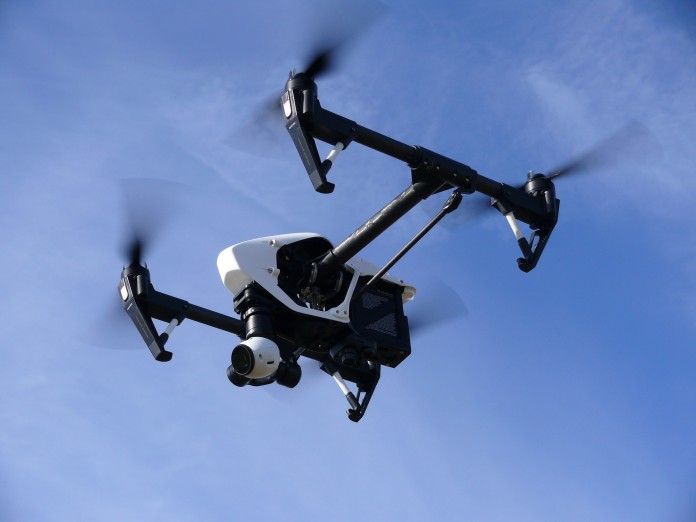Drones are a transformative technology, a possibility that society at large is only at the earliest stages of understanding. The recent moves by Amazon to establish a set of rules around next-generation technology helps to explain the direction they see this transformation taking. However, before drones can become as ubiquitous as their backers are hoping, the key issues of safety and privacy need to be addressed in such a way that opens up drones as the game-changing platform they promise to be.
Safety is the issue that currently drives the involvement of aviation authorities such as CASA (Civil Aviation Safety Authority) and the FAA (the equivalent body in the US). The rules that guide these organisations are clearly becoming obsolete, for the most part classifying drones alternatively as radio controlled toys and fully functional aircraft (though a recent announced rule change from CASA specifically opens up more options for businesses to use drones for filming.) The growing list of drone-related injuries (which in some instances has not been helped by individuals actively grabbing them) is not speeding up the process for decreasing regulations.
Privacy is one that promises to potentially be more problematic. On the face of it, drones appear to open the door to the end of any pretense to privacy. A future that has clouds of remote-controlled cameras zooming about in the sky would seem to be one where the expectation has to be one of being monitored day and night. A recent study undertaken by the Australian Government indicates that the current laws around privacy may not be enough to provide the protections that society would demand, and certainly lack consistency across judicial boundaries. The need to resolve this issue has been highlighted in a paper by the Australian Association for Unmanned Aerial Vehicles (AUVSI) and highlights some of the challenges that will be faced in this reform.
What is becoming apparent from all of this is that drone technology will be segregated into (at least) two categories. The first will remain as the toys they originated as, with all of the limitations that applies to that. The second will be one that adapts to the complex expectations asked for safety and privacy, and will truly open up the skies.


![5 Reasons You Should Travel Alone Airplane [image source: chau nguyen/ http://thedevilhatessweatpants.blogspot.com.au ], crowd ink, crowdink, crowdink.com, crowdink.com.au](https://crowdink.com/wp-content/uploads/2016/08/Chau-airplane-218x150.jpg)





























